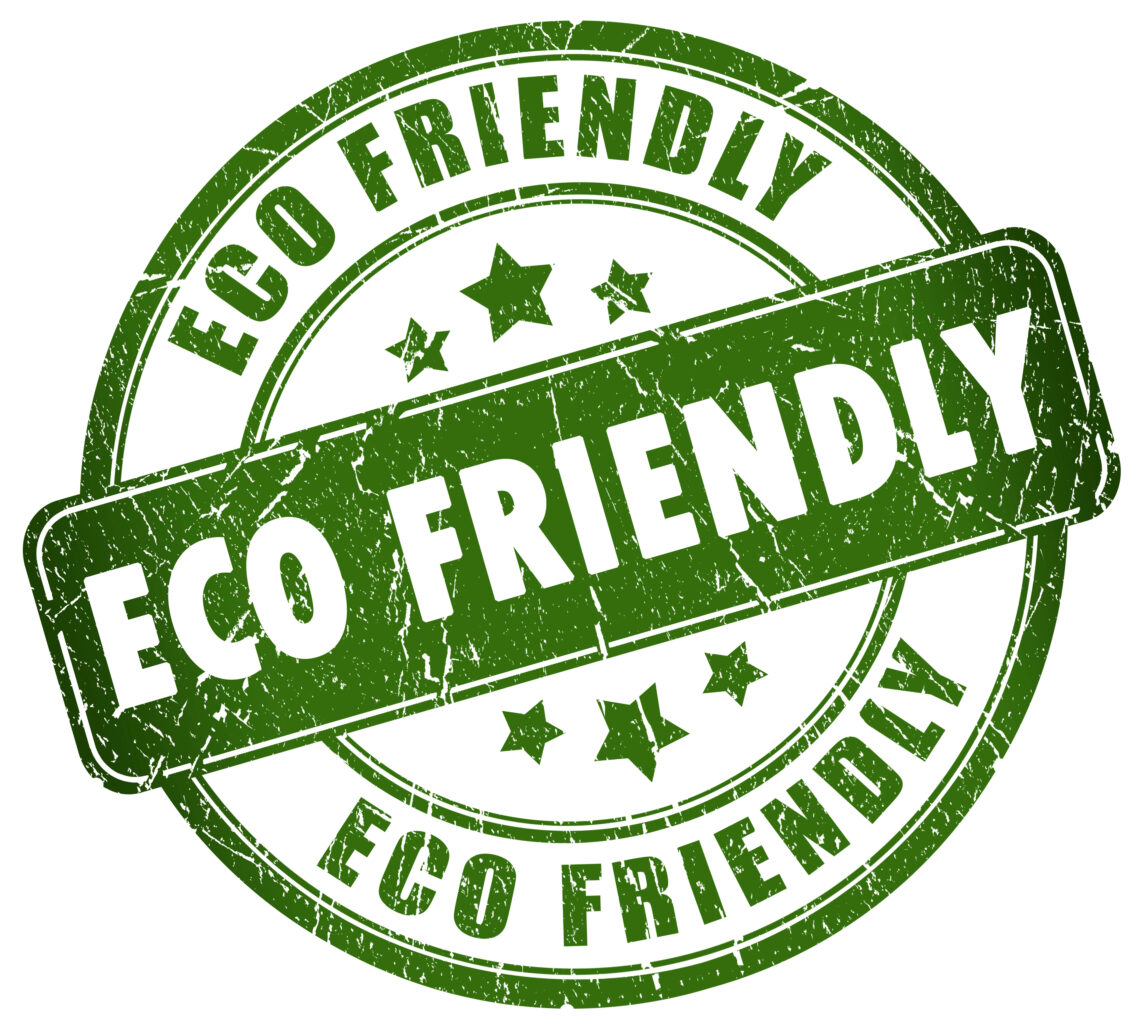Conscious consumerism is more than a trend; it’s a mindful approach to purchasing that aligns values with actions. Choosing sustainable fashion, eco-friendly home essentials, and ethically sourced foods benefits personal well-being and supports communities and the planet.
From Fairtrade-certified foods to cruelty-free beauty, each choice contributes to a more ethical and sustainable world. Discover how small, thoughtful changes can create a significant impact in everyday life.
Sustainable Fashion and Ethical Clothing Choices
Fashion choices impact more than personal style—they influence global ecosystems, labour practices, and waste production. Embracing sustainable fashion means seeking clothing made from organic, recycled, or responsibly sourced materials, helping to reduce pollution and waste. Supporting brands that prioritise fair labour practices ensures that the people creating these products are treated ethically and compensated fairly.
One way to build a more sustainable wardrobe is by investing in quality, timeless pieces that last. Choosing versatile, well-made items reduces the frequency of purchases, helping to combat the cycle of fast fashion. Additionally, thrifting or buying second-hand adds unique items to your closet while keeping clothes out of landfills.
Eco-Friendly Home Essentials
Creating an eco-friendly home is a meaningful step toward reducing waste and supporting a healthier planet. Small shifts, like opting for reusable kitchen supplies, biodegradable cleaning products, and zero-waste alternatives, make a significant difference over time. These choices help limit the reliance on single-use plastics, contributing to a cleaner environment and a more sustainable lifestyle.
One practical approach is to swap out disposable items—such as paper towels and plastic bags—for sustainable options like cloth towels and glass containers. Similarly, choosing products with minimal or compostable packaging can reduce household waste. Many eco-friendly brands now offer items designed for conscious consumers, making it easier than ever to maintain a green home.
Fairtrade Foods – Supporting Health and Community Impact
Choosing Fairtrade-certified food and drink is a powerful way to positively impact personal health and global communities. Fairtrade certification ensures that farmers and workers receive fair wages and work in safe, dignified conditions, often in regions vulnerable to economic instability and exploitation.
By supporting these standards, Fairtrade fosters long-term economic sustainability, helping communities break free from cycles of poverty and inequality. It also encourages sustainable farming practices that protect local ecosystems.
For consumers, Fairtrade products like coffee, tea, chocolate, and sugar often offer a higher quality because they’re sourced from producers who are committed to sustainable and ethical practices. Fairtrade foods are typically grown using environmentally friendly methods that preserve soil health and water resources, leading to products that are better for the planet, safer and more nutritious. From a health perspective, choosing foods from trusted, responsibly managed sources can contribute to a healthier diet, free from excessive pesticides and additives.
Incorporating Fairtrade items into daily life improves personal well-being and establishes a direct connection to the people and communities behind each product. Every purchase becomes a conscious decision that supports fair labour, sustainable agriculture, and community development on a global scale.
Beauty and Personal Care with a Conscience
Opting for conscious beauty and personal care products promotes sustainable and ethical practices. Many beauty brands now prioritise cruelty-free, vegan, and organic formulations, reducing harmful chemicals and supporting animal welfare. Choosing products free from synthetic additives and harsh preservatives not only benefits skin health but also minimises environmental pollution caused by chemical runoff and non-biodegradable ingredients.
Simple changes, like selecting items in recyclable or refillable packaging, further reduce waste in the beauty routine. Many brands also embrace sustainable sourcing, ensuring that the ingredients are responsibly harvested without exploiting resources or communities. By incorporating these mindful choices into beauty and self-care practices, each product becomes a step toward a more sustainable and compassionate lifestyle, allowing consumers to look and feel good while making a positive impact.
Read more lifestyle articles at ClichéMag.com
Images provided by Deposit Photos, BingAI, Adobe Stock, Unsplash, Pexels, Pixabay & Creative Commons





